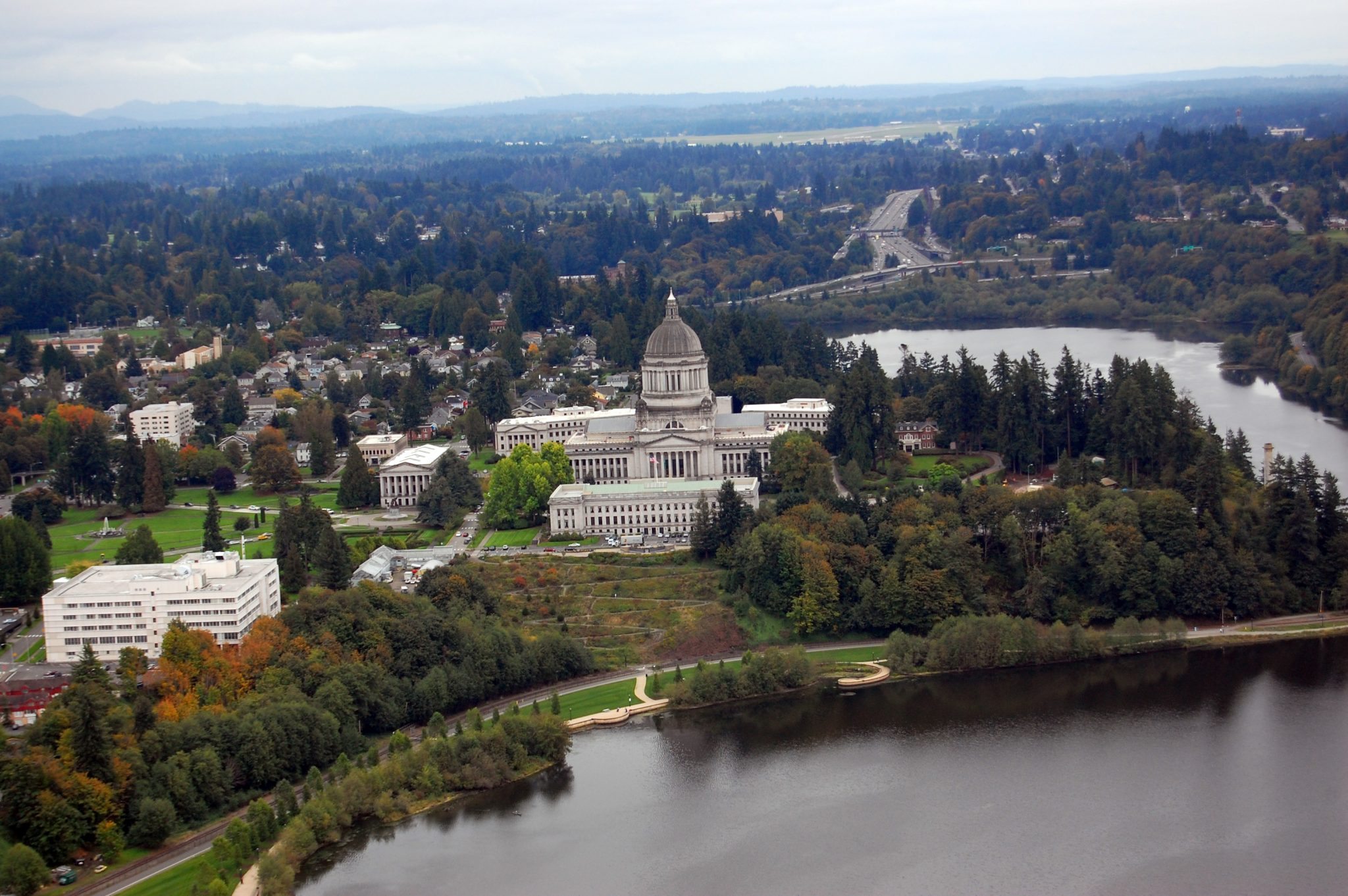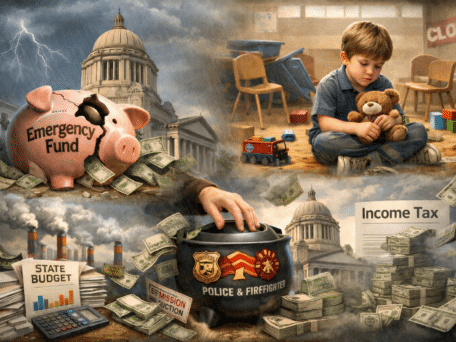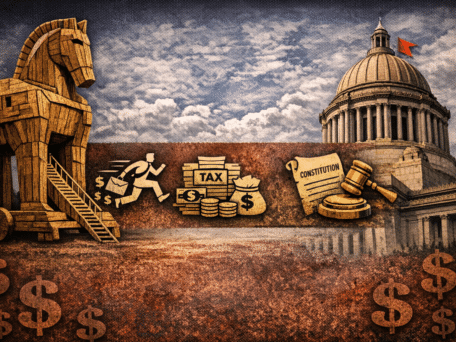How do liberals defend their bad tax policies? By smearing those who oppose their misguided approach with accusations of self-motivated intentions. At least, that’s how Seattle’s leftist blog Publicola recently responded to state Sen. Andy Hill’s vocal opposition to Jay Inslee’s income tax proposal targeting capital gains. Publicola pointed to Sen. Hill’s savvy investment portfolio and suggested that “an apparent vested interest” existed in his opposition to a state capital gains tax.
That accusation is not only insulting, it’s ridiculous. The suggestion that anyone who actively invests and saves cannot oppose a capital gains tax without a “conflict of interest” only sheds light on liberals’ frequent inability to grasp the bigger picture. Smart investors do not oppose the capital gains tax to merely protect their interests; that is singular thinking, a prospective that does not link to investment success. Rather, smart investors oppose the capital gains tax because they seek to protect market opportunities that work to benefit everyone.
The reality is that the capital gains tax creates a bias against savings, slows economic growth, places a double-tax on corporate profits and, in some cases, actually taxes investors on inflation rather than profits. Due to these factors, a recent study found the capital gains tax to be more damaging than other taxes. Enforcing a state capital gains tax on top of the federal tax only poses a greater threat to economic growth.
But, those are not the only reasons to oppose a state capital gains tax. The tax is, simple put, unsustainable and volatile—a point Sen. Hill has consistently made. The last time the Democrats proposed such a bill (because they try to pass some type of income tax bill every legislative session) in 2012, it came complete with the a fiscal note (prepared by the Democrats’ own staff) that read, “Capital gains are extremely volatile from year to year. Revenue from this proposal will depend entirely on fluctuations in the financial markets and can be expected to vary greatly from the amounts presented here.” (HB 2563)
A 2014 Standard & Poor’s report warned, “State tax revenue trends have also become more volatile as progressive tax states have come to rely more heavily on capital gains from top earners.” That’s why a top tax analyst recently called Inslee’s capital gains tax a bad policy for the simple reason that “taxing mobile capital in a world economy is a dumb idea.”
Of course, Jay Inslee’s people were quick to jump on the single-minded accusation that Hill’s opposition to a capital gains tax is a conflict of interest, as opposed to simply understanding bad budget policy. Inslee PR person Jaime Smith used part of her taxpayer-funded day for a partisan Twitter attack on Hill. Smith tweeted Publicola’s story title complete with a link and “Hmmm…”
That’s right, your tax dollars at work on such smarmy commentary.
We wonder if Ms. Smith remembers that her boss was once faulted for a very specific conflict of interest—one that hit quite a lot closer to home than the ridiculously generic he-is-an-investor-so-he-opposes-capital-gains allegation. As the Associated Press reported at the time, Inslee “invested a chunk of his own money in the firm, then publicly touted the company’s work making solar panels and championed policies in Congress that would aid the industry’s growth.”
One thing we cannot argue, based on Inslee’s poor investment choices in solar energy companies, he’s not in any danger of paying capital gains taxes.




